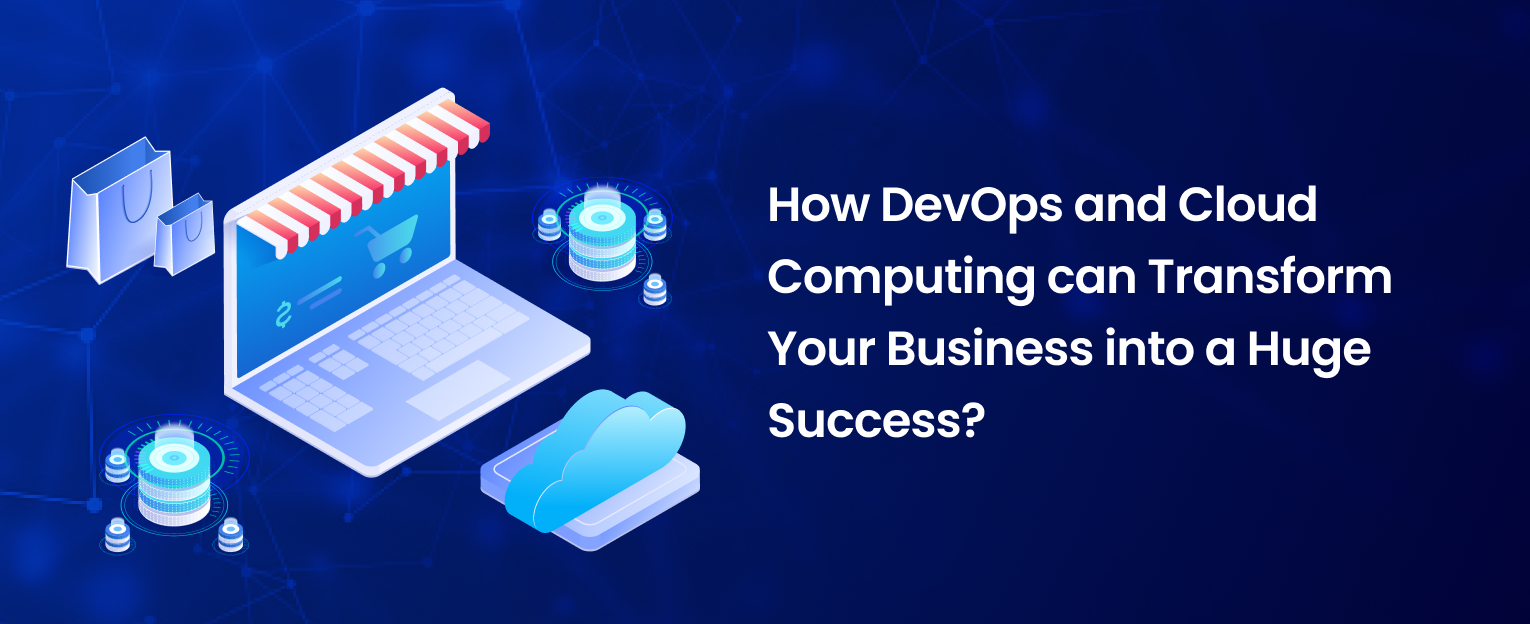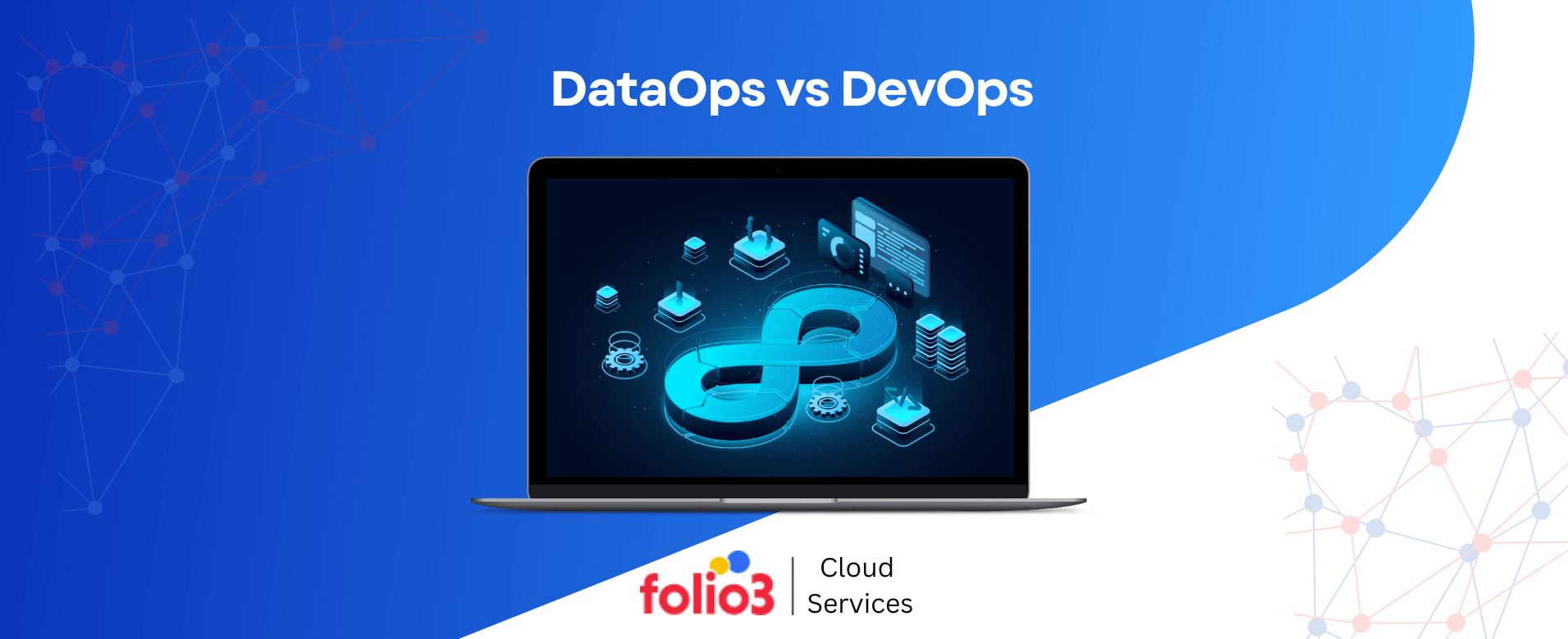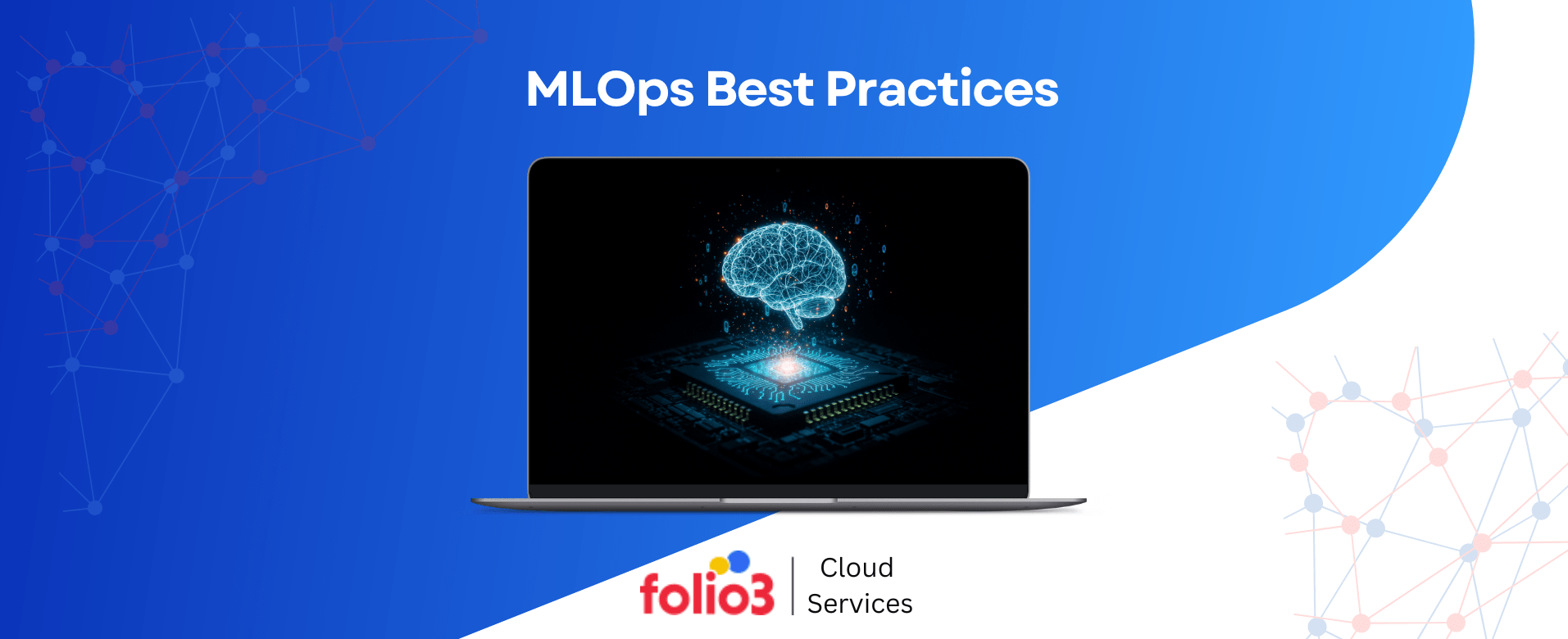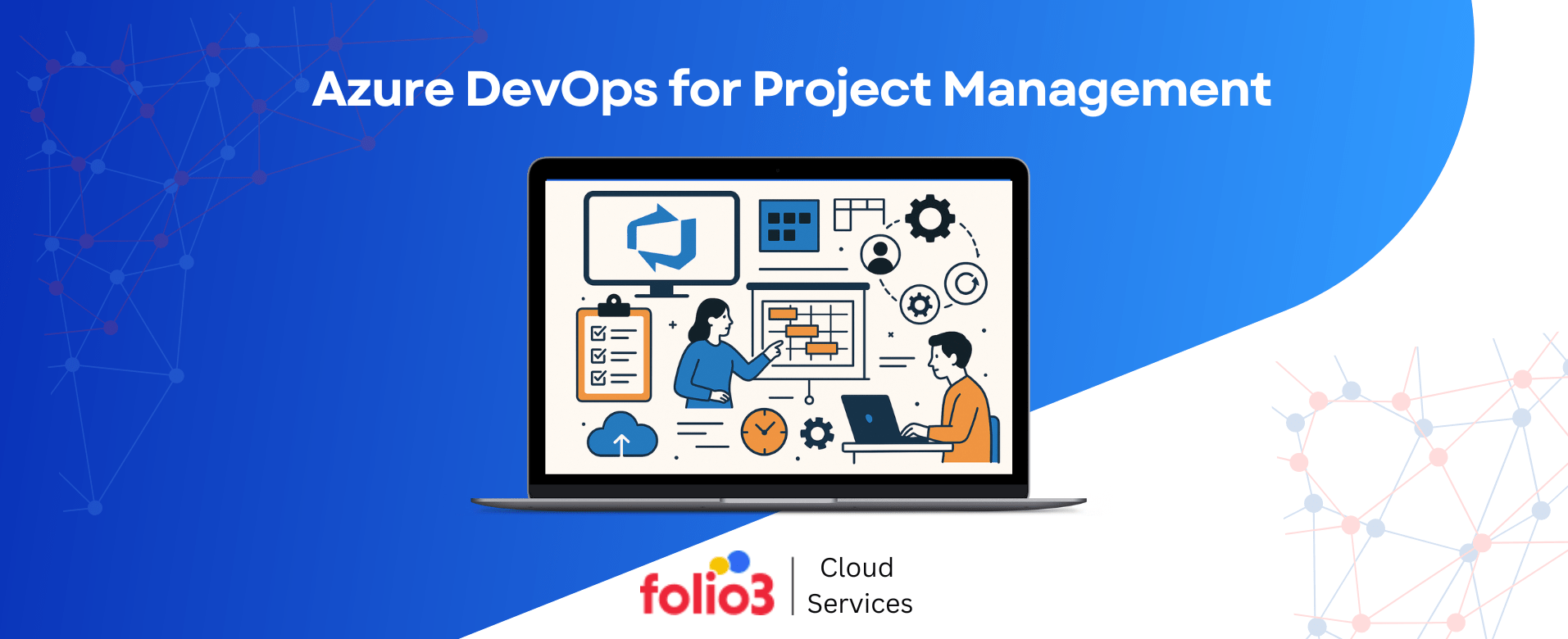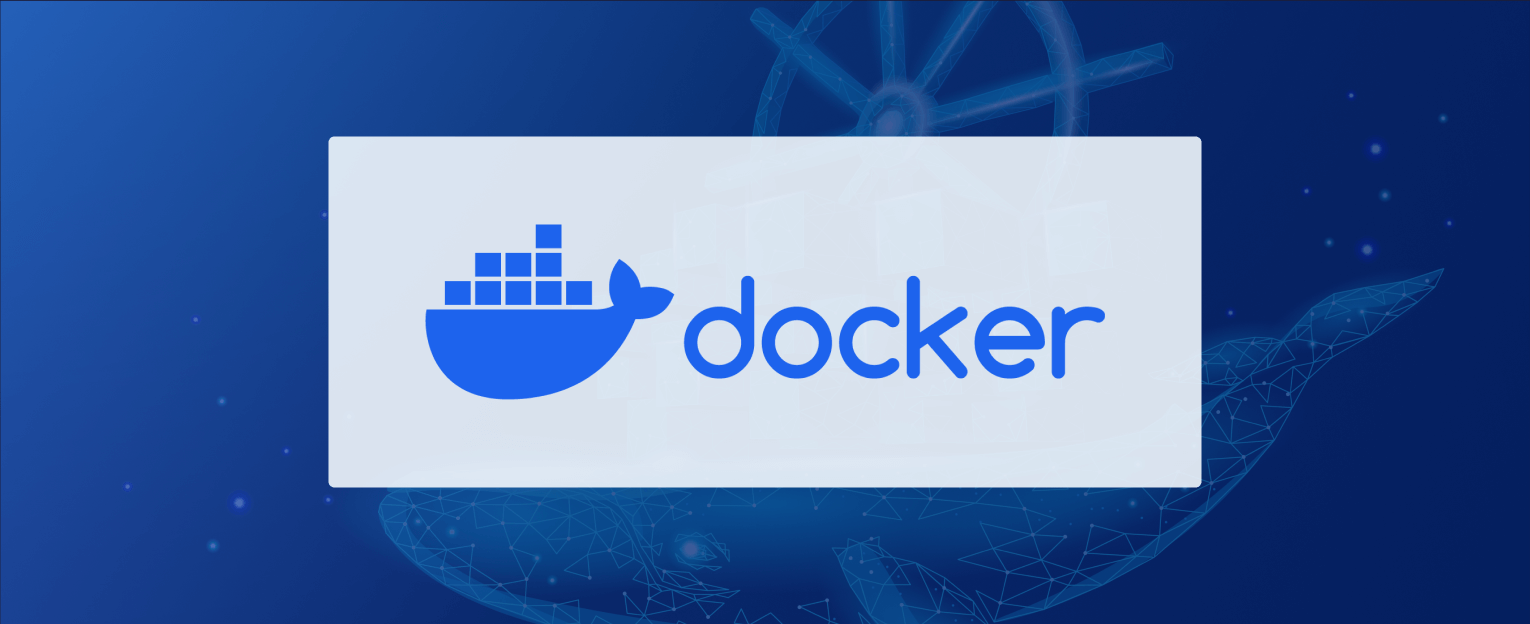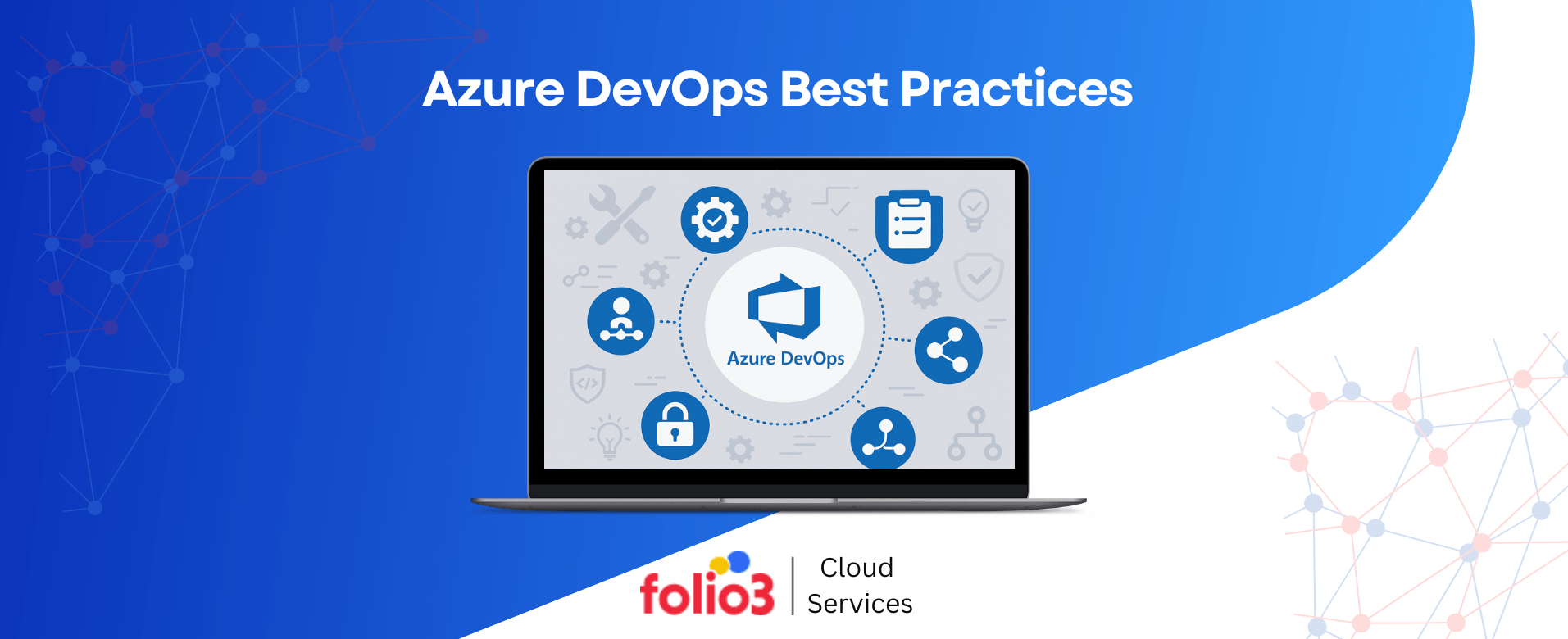Are you looking to take your business to the next level? You may open up the incredible potential to alter your organization and experience considerable success by leveraging the power of DevOps and cloud computing. You can automate processes, optimize resources, and improve collaboration with DevOps.
Meanwhile, cloud computing can provide access to a host of applications and services that can help streamline your operations and reduce costs.
In this blog, we’ll explore what does DevOps means and how DevOps and cloud computing can help you to boost productivity—ultimately leading to greater success for your business. Get ready to learn how DevOps and cloud computing can help you to reach your goals!
- DevOps and cloud computing have enabled organizations to bridge the gap between development and operations teams. This creates a more collaborative and communicative environment, which leads to improved efficiency and faster problem-solving.
- By using cloud computing, organizations can save costs on hardware, software, and personnel. Cloud computing also makes it easier to scale up or down depending on the organization’s needs.
- Cloud computing and DevOps provide increased security for businesses. Cloud computing makes it easier to implement security protocols, and DevOps enables organizations to respond quickly to security threats.
Table of Contents
Transform Your Business with Our Expert DevOps Services
Transform your business with DevOps and cloud computing. Our expert consulting services help unlock benefits like faster time-to-market, improved collaboration, and increased efficiency. Contact us to learn more.
What Is DevOps: Cloud Development Operations
When hearing this portmanteau, the first question is, what is DevOps? DevOps is a jumble of two words; “development” and “operations.” It is a software engineering culture and practice that emphasizes collaboration, communication, and integration between software developments and information technology (IT) operations.
DevOps is a set of practices that automates the processes between software development and IT teams so that they can build, test, and release software faster and more reliably. DevOps is founded on building a culture of collaboration between teams that previously functioned in relative siloes.
Users often wonder: Are DevOps and cloud computing the same? DevOps and cloud computing are not the same. While DevOps does utilize cloud-based technologies, the two concepts are not synonymous. Cloud computing can facilitate DevOps practices, but DevOps itself is more focused on the software development and operations process.
Cloud computing enables applications to be stored, managed, and processed on a remote server, while DevOps is a set of processes, tools, and practices used to facilitate collaboration between software developers and IT operations teams.
DevOps: Integrating Development and Operations
DevOps is designed to increase the speed and reliability of software deployments while reducing the cost and complexity of the entire development process. The concept of DevOps as a service combines development and operations and optimizes the entire software delivery pipeline.
DevOps integrates development and operations teams to ensure that all aspects of the software development process work together effectively and efficiently. This approach considers all aspects of the software development cycle, from code writing to deployment. It includes automation of processes such as continuous integration and delivery, testing, and deployment. It also includes integrating development and operations teams to ensure that all aspects of the software development process work smoothly.
DevOps aims to make the software development process more efficient and reliable. DevOps helps to bridge the gap between development and operations by automating the build, test, and deployment process and providing visibility into the code and application performance.
It also enables teams to quickly identify and address problems that may arise during the software development process. DevOps tools and processes can help teams create and maintain resilient, secure, and scalable applications.
What Is Cloud DevOps and How Does It Work?
Cloud DevOps combines the development and operations functions of software engineering to enable faster and more efficient delivery of software products and services. It is designed to enable businesses to rapidly and continuously deliver software products and services with minimal user disruption.
This approach to software development uses cloud computing resources, such as platforms and infrastructure, to accelerate the development and delivery of software products. Cloud DevOps uses automation and collaboration to enable teams to quickly and efficiently develop and deploy software applications.
So want to know what does DevOps do? It typically involves the following steps:
Establishing a DevOps Culture
This involves setting up a culture of collaboration and shared responsibility across the development and operations teams.
Setting Up The Infrastructure
Infrastructure is set up with the virtual machines, databases, and other services needed to facilitate the development process to support the software development process.
Automation And Continuous Delivery
This step uses automation tools to speed up software development and deployment. It includes setting up continuous integration, deployment, and testing to ensure rapid and reliable delivery of software products.
Monitoring And Optimization
This comprises setting up monitoring tools to monitor how well the cloud-based services and apps are performing. This aids in pinpointing problem areas and performance-enhancing system optimization.
Security And Compliance
Security and compliance solutions are required to guarantee that the cloud infrastructure is safe and in accordance with all relevant laws and regulations. This step involves setting up data encryption, access control, and authentication and authorization protocols.
Cloud Computing and the DevOps Approach
Cloud computing and the DevOps approach are innovative technologies that have revolutionized business operations. Cloud computing hosts and manages data, applications, and other computing resources online, usually in a virtualized environment. It provides many benefits, including scalability, agility, cost savings, and flexibility.
The DevOps approach is an organizational methodology that focuses on collaboration between development and operations teams. It allows for faster and smoother deployment of applications and services and increased efficiency.
The combination of cloud computing and the DevOps approach offers many advantages. By leveraging cloud computing, organizations can quickly scale their resources and applications in response to changing customer demand. This allows them to remain agile and stay ahead of the competition.
DevOps for the cloud also helps to automate the deployment of applications and services, which reduces the time and cost associated with manual processes. In addition, the collaboration between developers and operations teams helps to ensure that applications and services are released on time and with fewer issues.
Combining DevOps in the cloud can help organizations reduce costs, increase efficiency, and remain competitive in an ever-changing market.
Applying Cloud DevOps Benefits
Cloud DevOps benefits can help organizations achieve their business goals more quickly, cost-effectively, and securely. Here are several DevOps advantages from which organizations can benefit:
Increased Agility
With Cloud DevOps, organizations can quickly and easily deploy new applications, updates, and patches without worrying about managing hardware, software, and infrastructure. It also helps organizations better respond to customer feedback and demand by rapidly adjusting services and applications.
Improved Scalability
The process of Cloud DevOps allows businesses to scale up or down to meet changing customer needs quickly. This eliminates the need for organizations to invest in expensive hardware and software upfront.
Improved Security
Cloud DevOps helps organizations secure their data and applications by ensuring that all system components comply with security standards and best practices.
Reduced Costs
It enables organizations to reduce their costs by eliminating the need to invest in expensive hardware and software upfront. By leveraging existing cloud infrastructure, organizations can save on IT costs and focus on more strategic and effective business initiatives.
Increased Collaboration
Cloud DevOps allows teams from different departments to collaborate more easily and quickly. This helps organizations achieve their goals more quickly and efficiently.
DevOps Principles and Framework
DevOps principles and frameworks provide organizations with a set of procedures and tools for managing their software development, operations, and quality assurance processes effectively. At its core, DevOps is focused on automation, integration, and improving collaboration.
DevOps principles emphasize the following:
Collaboration
The concept of DevOps thrives on collaboration. Collaboration is needed between developers, operations, and other stakeholders to ensure that developing, testing, and deploying software is quick and effective.
Automate Everything
Automation is key to achieving DevOps success. Automating tasks and processes will help speed up development cycles, reduce human errors, and help teams work together more effectively.
Continuous Integration
Continuous integration is the practice of merging all developer working copies to a shared mainline several times a day. This allows teams to detect and fix bugs quickly and helps to ensure code quality.
Constant Improvement
This principle entails a continuous cycle of improvement. It involves measuring customer feedback and making adjustments to improve customer experience and optimize processes.
Constant Monitoring
Constant monitoring is the practice of monitoring and managing applications in production. This ensures that applications run optimally and helps teams quickly detect and respond to issues.
Taking charge of the entire Lifecycle
It involves taking responsibility for the entire lifecycle of a product or service. This includes design, development, implementation, operation, and maintenance.
Security
Security is an essential part of DevOps’ success. Security must be an integral part of the development pipeline, and teams should use tools and processes to ensure that applications are secure.
Adaptability: How to Begin Using DevOps in Your Team
DevOps is a new approach and unfamiliar to many people. It is important to learn from where to begin to make the most out of it. You must follow the steps to increase your team’s adaptability with DevOps. Ideally, you should opt for DevOps consulting services if you and your organization are new to this concept.
Educate Your Team On DevOps
Before introducing DevOps to your team, educating them on the fundamentals and benefits is important. This includes understanding how DevOps works, what is DevOps model, what is DevOps tools and DevOps framework, how DevOps as a service works, and the potential it has to improve the development process.
Elaborate Scope Of Your DevOps Implementation
DevOps is a broad term, so it’s important to define the scope of your DevOps implementation. What specific processes or tasks will you be automating? What tools will you be using? What are your goals for the project?
Find The Right DevOps Tools
Once you understand your DevOps project’s scope, you can begin searching for the right tools to use. Look for tools that are easy to use, integrate well with your existing systems, and offer features that meet your specific needs.
Implement the DevOps Tools
Once you have chosen the right DevOps tools for your project, it’s time to implement them. This includes setting up the tools, connecting them to your existing systems, and configuring them to run your defined tasks.
Monitor the Results
It’s important to monitor the results and measure the improvements. This will help you understand which parts of the DevOps process are working well and where improvements can be made. Monitor the performance of the team, processes, and overall system health.
Keep Learning
DevOps is an ever-evolving field. It’s important to stay up-to-date with the latest tools and best practices. Learn from other DevOps professionals, and read up on the latest DevOps trends.
Cloud Optimization Tools for DevOps
DevOps practitioners who want to use DevOps in the cloud might benefit from tools for cloud optimization that collect data, provide insights, or automatically optimize code. The technologies aid in lowering cloud computing expenses and enhancing the performance of DevOps for cloud. These are a few of the well-liked tools:
CloudFormation
Amazon’s cloud optimization tool for DevOps is CloudFormation. It enables you to use a single AWS CloudFormation template to deploy and manage multiple related AWS resources in an orderly and predictable fashion.
Kubernetes
Kubernetes is an open-source container orchestration platform for automating containerized applications’ deployment, scaling, and management. It provides a rich set of features such as automated rollouts, rollbacks, load balancing, and resource optimization.
Terraform
Terraform is an open-source tool that enables you to define, preview, and deploy cloud infrastructure. It helps in automating the provisioning and management of different cloud resources such as compute instances, storage buckets, and databases.
Ansible
Ansible is a configuration management, deployment, and orchestration tool. It provides an agentless approach to managing and deploying cloud resources. It supports many cloud providers, such as Amazon Web Services, Microsoft Azure, Google Cloud Platform, and IBM Cloud.
CloudHealth
CloudHealth is a cloud optimization and cost management platform for DevOps. It helps you to optimize cloud costs, ensure compliance, and improve performance.
Puppet
Puppet is an open-source configuration management tool for DevOps. With Puppet, you can define configuration policies and ensure that all your cloud infrastructure is consistently configured as per your policies.
How Can A DevOps Team Take Advantage Of AI?
A DevOps team can benefit from AI in several ways. AI can automate manual processes like provisioning, monitoring, and logging. This can allow teams to focus on more strategic tasks and build better products. Moreover, AI can also be used to analyze logs, giving the DevOps team an in-depth understanding of the environment and performance metrics to optimize the system.
The DevOps team can also use AI to analyze data such as server load, user behavior, and system performance to identify potential problems before they become major issues. AI can also detect anomalies and alert teams to suspicious activity, helping to ensure that systems are secure and running smoothly.
Additionally, AI can identify trends and patterns in real-time data, providing valuable insights for the team to make better decisions. AI can be used to detect security threats and monitor for compliance with security standards. By utilizing AI in all these processes, the DevOps team can greatly increase the effectiveness and reach their goals faster.
DevOps Best Practices and Use Cases
Here are some of the best practices and use cases of DevOps.
Automation
Automation is one of the most important DevOps best practices. Automating deployment, testing, and configuration management can help reduce errors and improve efficiency.
Continuous Integration
Continuous integration enables teams to integrate code changes as soon as they are made, allowing for faster feature delivery and reduced risk.
Continuous Delivery
With continuous delivery, teams can create automated pipelines for releasing and deploying applications quickly and reliably.
Infrastructure as Code
It helps to automate the provisioning, configuration, and management of infrastructure, making it easier for teams to manage and scale their environments.
Monitoring
Monitoring is important to ensure that applications are running as expected and to help teams quickly identify and address any issues.
Security
Security is a critical component of DevOps, and it’s important to ensure that applications are secure throughout their lifecycle.
Collaboration
Collaboration is key to successful DevOps, as it helps ensure that teams work together to create value.
Wrap Up!
We hope the above information has helped you learn about DevOps and Cloud Computing. We’ve mentioned everything in detail. Do let us know if you want us to add some more information.

